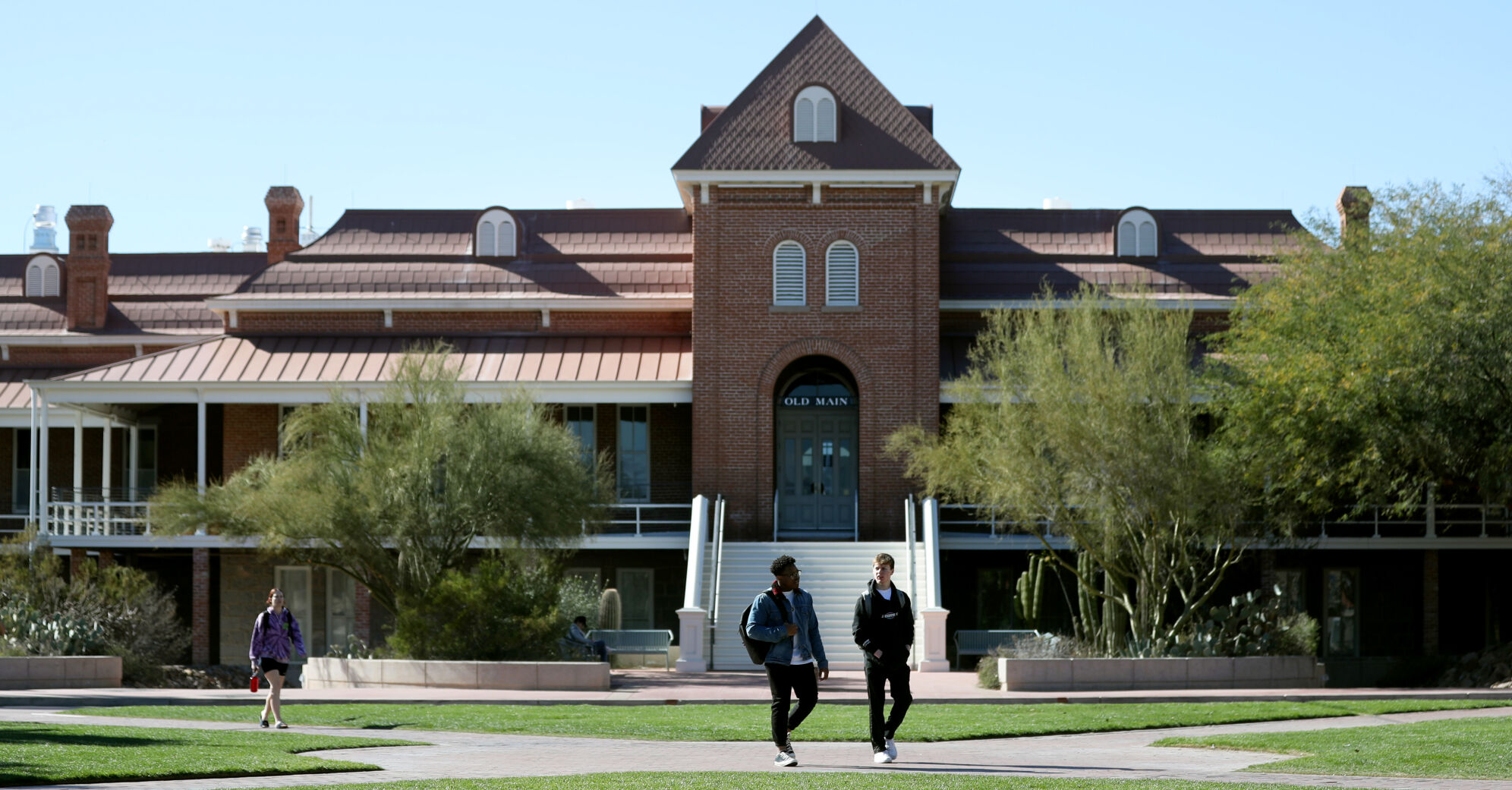How will the U.S. Supreme Court’s ruling Thursday outlawing race-conscious college admissions affect Arizona?
Not much, if at all.
“We are reviewing the decision of the U.S. Supreme Court but do not anticipate any impact at our universities,” Lyndel Manson, chair of the Arizona Board of Regents, said in a statement to the Arizona Daily Star. “The admission standards set by the Arizona Board of Regents for Arizona’s public universities are based solely on academic performance.”
That’s in part because affirmative action has already been illegal in Arizona for 13 years.
In 2010, Arizona voters passed Proposition 107, which amended the state Constitution to “ban affirmative action programs that give preferential treatment to or discriminate against any individual or group on the basis of race, sex, color, ethnicity or national origin in the operation of public employment, public education or public contracting.”
Arizona is one of nine states that already outlawed affirmative action in college admissions. Florida, California, Idaho, Michigan, Nebraska, New Hampshire, Oklahoma and Washington had also banned it before Thursday’s ruling made it illegal across the country.
But banning affirmative action in Arizona, whose public colleges and universities have relatively liberal admissions standards, hasn’t dealt much of a blow to student diversity like it did in California and Michigan — states with nationally competitive admissions landscapes.
At the University of Arizona, applicants are assured admission if they rank in the top 25% of their graduating class or have a 3.0 unweighted GPA through their sixth semester in the core competency requirements. With that framework, the UA has maintained a diverse student body without reliance on explicit affirmative action policies.
According to Kasey Urquídez, the UA’s chief enrollment officer, diverse student enrollment has increased since 2010, with the percentage of first-year students who identify as people of color jumping from 39% to 47% over the past decade.
Despite a ban on considering race, gender and ethnicity in college admissions, the UA has still focused on recruiting a diverse student body. However, none of those initiatives violate Arizona law.
“Any scholarship for University of Arizona that uses race or culture of origin in selection are funded by private dollars and the university is not involved in the selection process,” Urquídez said. “All events are open to all prospective students.”
The UA does offer one scholarship for Native students who are enrolled members of federally recognized tribes, but a 1974 U.S. Supreme Court ruling said that such membership is a political classification, rather than a classification based on race or ethnicity, which she added “allows and will continue to allow our Arizona Native Scholars Grant.”




